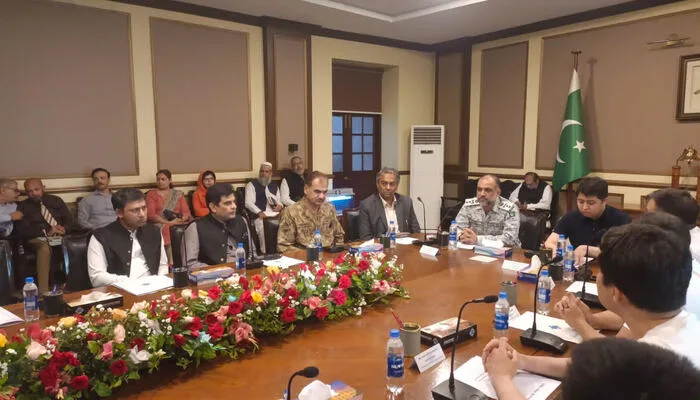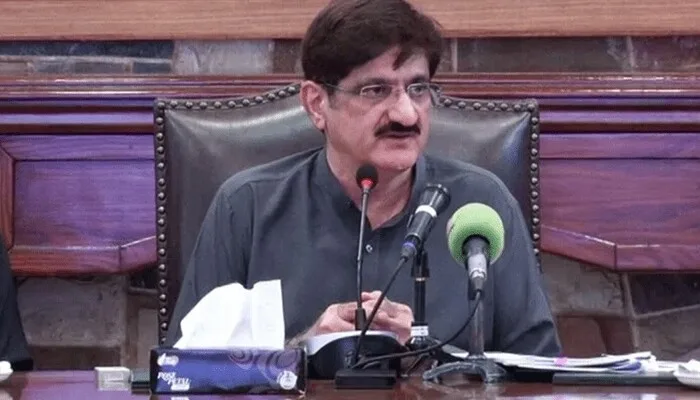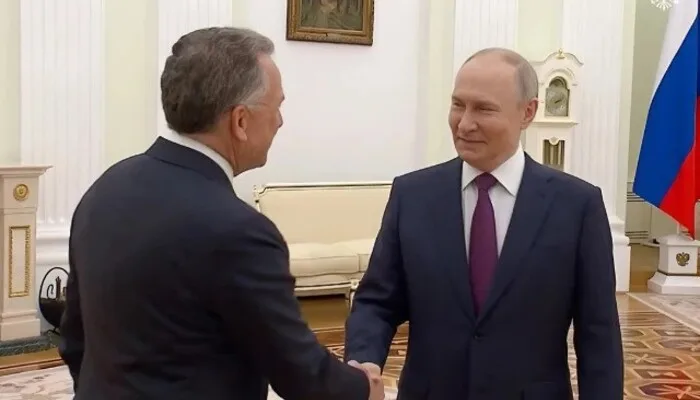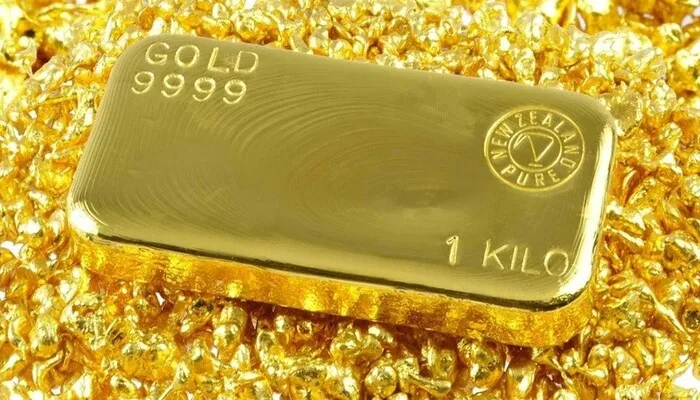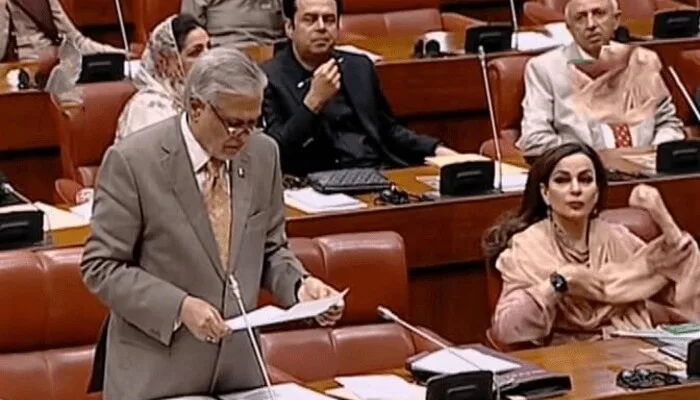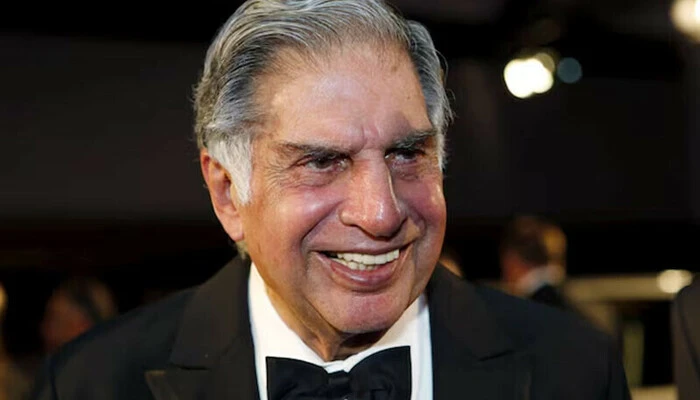
Ratan Tata, former chairman of the Tata Group, passed away at the age of 86. The Tata Group confirmed his death in a statement late Wednesday. Tata had been in intensive care at a Mumbai hospital, according to sources familiar with his condition.
Tata led the Tata Group for over 20 years, transforming it from a domestic Indian conglomerate into a global force. After studying architecture at Cornell University, he returned to India and began working for the family business in 1962. His great-grandfather founded the group nearly a century earlier.
He held various positions in the company, including roles at Tata Motors and Tata Steel. He gained recognition for his work at National Radio & Electronics Company, where he eliminated losses and increased market share.
Rise to Leadership in a Time of Economic Reform
In 1991, Ratan Tata became chairman of the Tata Group, taking over from his uncle, JRD Tata. His leadership coincided with India’s economic reforms, which opened the country to the global market. One of his first actions as chairman was to restructure the group’s leadership. He enforced retirement ages and promoted younger talent to senior positions.
View this post on Instagram
Tata founded Tata Teleservices in 1996 and took Tata Consultancy Services public in 2004. However, his vision extended beyond India. He believed acquisitions were essential for the group’s growth on the international stage.
Global Expansion Through Acquisitions
Under his leadership, Tata Group made several significant acquisitions. In 2000, the group purchased British tea company Tetley for $432 million. Seven years later, it acquired Anglo-Dutch steelmaker Corus for $13 billion, marking the largest takeover of a foreign company by an Indian firm at the time.
In 2008, Tata Motors acquired British luxury car brands Jaguar and Land Rover from Ford for $2.3 billion. Ratan Tata was also personally involved in designing the Indica, India’s first homegrown car. He later launched the Nano, the world’s cheapest car, priced at around $1,200. However, the Nano faced safety issues and poor marketing, leading to its discontinuation a decade later.
A Leader Known for Simplicity and Philanthropy
Despite his high-profile role, Ratan Tata led a modest lifestyle. He never married and was known for his quiet demeanor. As a licensed pilot, he occasionally flew the company plane.
Philanthropy was central to his leadership. Nearly two-thirds of Tata Sons, the holding company of the group, is owned by philanthropic trusts. These trusts fund various charitable initiatives in India.
Ratan Tata’s leadership wasn’t without controversy. In 2016, he became involved in a public dispute after the company removed Cyrus Mistry as chairman of Tata Sons. Mistry accused Tata of interfering in company affairs, creating tensions within the group.
After stepping down from Tata Group, Ratan Tata became a key investor in Indian startups. He supported companies like Paytm, Ola Electric, and Urban Company.
For his contributions to trade and industry, Ratan Tata received numerous awards, including India’s second-highest civilian honor, the Padma Vibhushan, in 2008. His legacy as a visionary leader who brought Tata Group to the global stage will endure for years to come.
Follow us on Google News, Instagram, YouTube, Facebook,Whats App, and TikTok for latest updates



